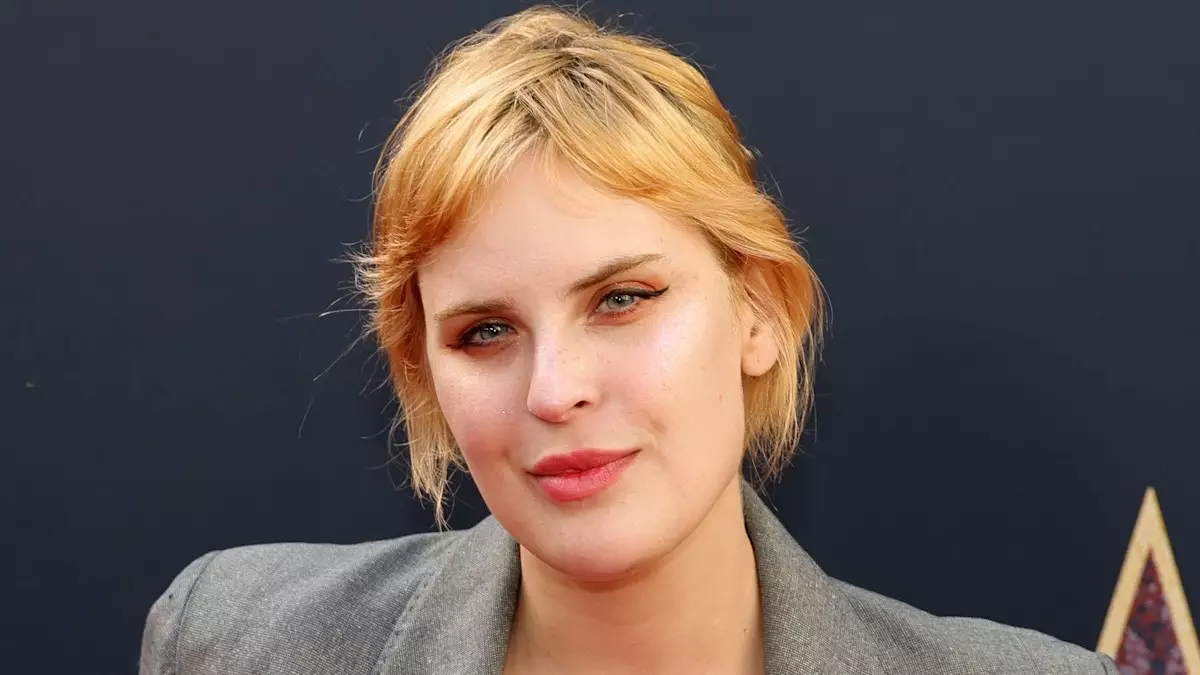Tallulah Willis, the youngest of Bruce Willis and Demi Moore’s daughters, has recently opened up about her experiences following an autism diagnosis that has reshaped her understanding of herself. With the help of her supportive family, especially her sisters Rumer and Scout, Tallulah has embraced her identity, acknowledging the profound impact it has on her daily life. As she prepares to be honored by Autism Speaks at their annual gala, it’s important to explore the nuances of her journey, the societal implications of autism diagnoses, particularly for women, and the ways in which her personal insights contribute to greater dialogue surrounding neurodiversity.
In her discussions, Tallulah has emphasized the significance of having a support system that validates her feelings and encourages self-advocacy. Speaking candidly to HELLO!, she highlights the challenges of masking emotions and behaviors that typically accompany autism, a phenomenon not uncommon among individuals who desire acceptance in social interactions. Her sisters have played a pivotal role in dismantling the fear of being perceived as “high maintenance” or “difficult,” which resonates deeply with many who struggle with similar challenges. Tallulah’s realization that it is acceptable to speak up for her needs marks a significant step in her journey to self-acceptance and understanding.
Tallulah’s public acknowledgment of her autism, showcased through a poignant video of her as a child, acts as a reflection of her experiences growing up. The term “stimming,” which refers to self-stimulatory behaviors that serve as coping mechanisms, highlights her past struggles. By choosing to share this childhood moment, she demonstrates how far she has come in recognizing her experiences and understanding their significance. The emotional weight behind this admission—coming to terms with a diagnosis five months after receiving it—brings forth complex feelings of disbelief and cautious acceptance.
For many, the path to diagnosis can be fraught with doubt, particularly for women who often go undiagnosed until adulthood. Due to historical biases in research that focused primarily on male participants, many women have faced challenges in identifying their autistic traits. Thus, Tallulah’s journey sheds light on the often-overlooked experiences of women on the autism spectrum, contributing to the ongoing conversation about the need for more inclusive research and understanding in the neurological community.
Transformative Self-Acceptance
The moment Tallulah received her official diagnosis, she was met with a wave of emotions—fear of invalidation and relief from understanding her identity. This duality is something many individuals face when confronted with the realities of neurodiversity. Her admission of once feeling “less than” reflects the societal stigma that continues to surround autism and other neurological conditions. Fortunately, through therapist support and her family’s encouragement, Tallulah has begun to dismantle these harmful beliefs, allowing herself the grace to acknowledge her unique needs and differences.
Her words evoke a sense of empowerment, one that highlights how awareness can lead to a healthier self-image. “It’s really powerful to have a vocabulary to support myself and support my needs,” Tallulah states, reinforcing the notion that knowledge and understanding are crucial in navigating the complexities of her identity. As she shares her journey, she brings forth the message that self-acceptance is essential for personal empowerment, enabling individuals to articulate their needs while cultivating a sense of belonging.
As Tallulah prepares for the gala with Autism Speaks, she demonstrates an awareness of her own boundaries and needs, opting for low-impact activities to conserve energy prior to a bustling event. This deliberate choice underscores the importance of self-care in the context of social expectations and anticipatory stress. By prioritizing her well-being, Tallulah embodies the principles of self-advocacy she now champions.
In sharing her experience, Tallulah Willis not only paves the way for dialogue about autism and the importance of understanding the female perspective but also encourages others to embrace their uniqueness. Her commitment to self-advocacy inspires hope, creating pathways for those experiencing similar struggles to navigate their journeys with confidence. Through her voice, Tallulah is fostering a community of acceptance that celebrates diversity in all its forms, making strides toward a more inclusive understanding of what it means to be autistic in today’s world.

